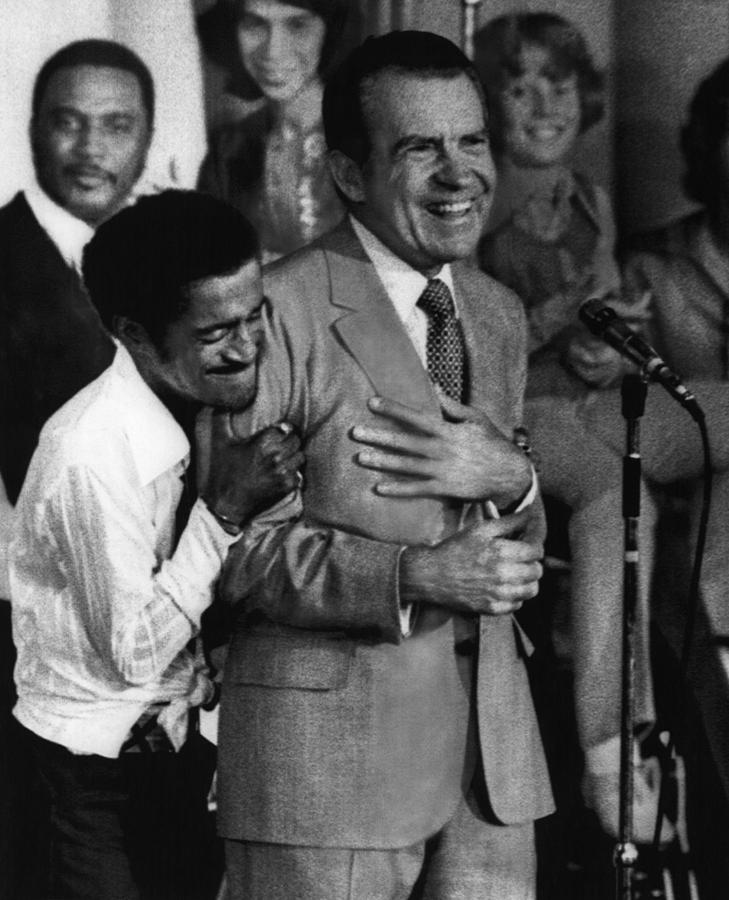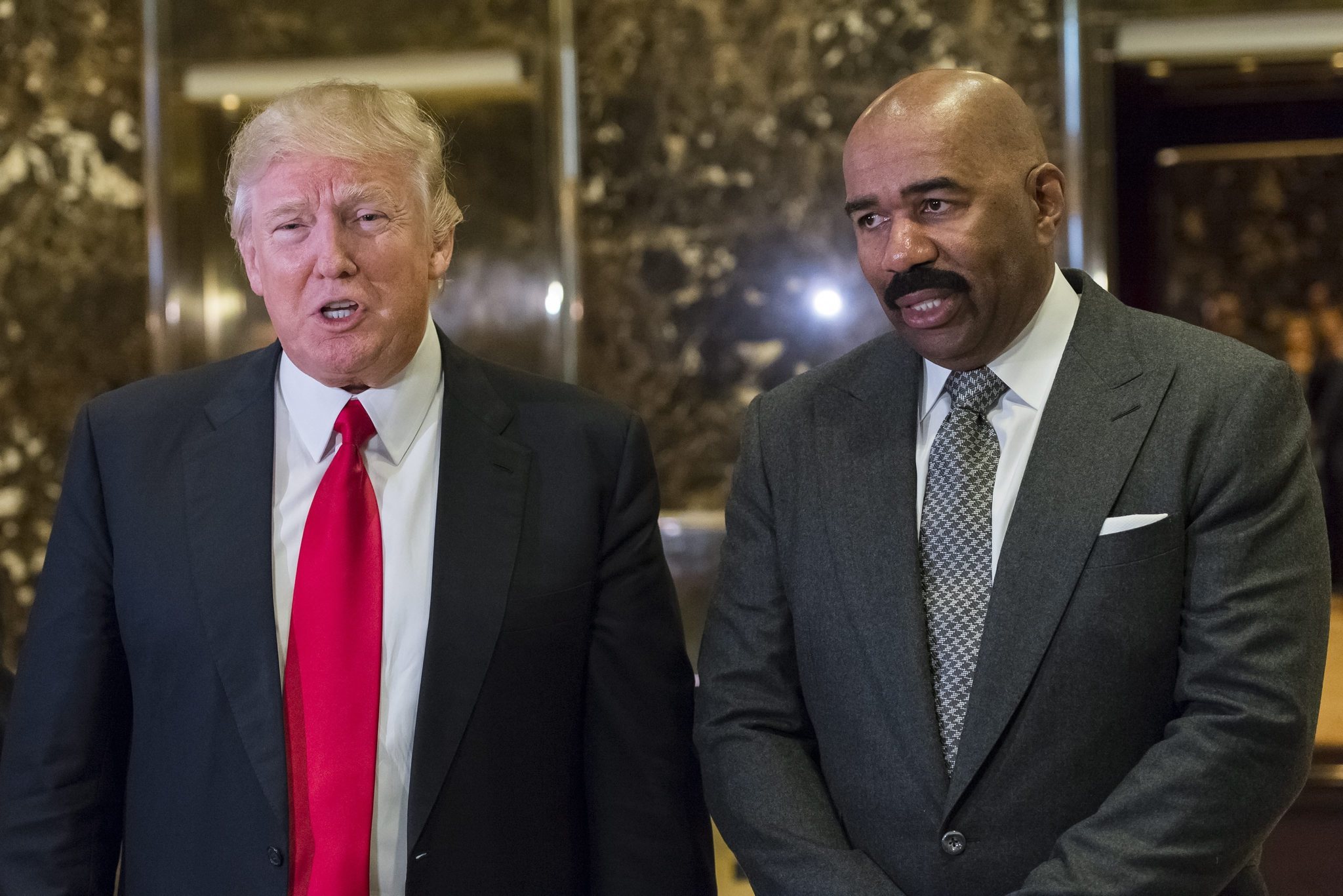As I’ve stated before, it seems clear how it ends for Trump, his family and his minions–in utter disgrace–but I don’t know how it turns out for America. There are just too many variables at play to prognosticate.
It may depend on how far and wide the sweep of justice extends. I have the same dream scenario that many do: The cynical players in government and outside will be washed away in a wave of justice, returning some semblance of sanity to our society. That’s not likely to be the result, however.
You can’t impeach, indict or arrest away what ails us, even if it’s a necessary start. Nearly 63 million citizens went into a voting booth and chose a bigoted, ignorant, kleptocratic sociopath. We’re deeply divided, armed to the teeth and living in a time where profiteers and ideologues alike are using our new media tools to obliterate truth. We’d better divine some solutions for our moral and political rot because eventually the crooks, trying to steal democracy as well as currency, aren’t going to be so stunningly incompetent.
In an excellent interview Susan B. Glasser of Politico Magazine conducted with Elizabeth Drew, the Watergate chronicler still doing excellent work in this time of Trump, speaks of her prescience when Nixon’s ouster still seemed unthinkable: “I may be a witch. I just had this instinct. I said, ‘I think that we might change vice presidents and presidents within a year.’ Now, this was a wild thought in the fall of 1973. I just smelled it.”
In one exchange, Drew, who asserts that the Nixon and Trump scandals are different despite their similarities, speaks to a common point they share: The lawlessness and abuses of both Administrations go far beyond one break-in or a single meeting with Russians connected to the Kremlin. It was and is a pervasive evil. An excerpt:
I want to explain something. There is one very strong similarity between the two periods. Because this gets down to, “Well, what was Watergate?” And I felt throughout it was a very unfashionable thought. A lot of people just treat it as a detective story and a lot of people still think it was a detective story that these odd people broke into the Democratic National Committee headquarters. They got caught because of a night watchman, caught the tape on the door. They were indicted. The cover up began. Bob Woodward and Carl Bernstein, they did incredible reporting.
They were just dogged and they kept at it and they broke the case of the cover up, but Watergate was much bigger than just that invasion of the DNC headquarters. To me, the worst thing that the so-called burglars—plumbers, rather. They were called plumbers because they were plumbing leaks. [LAUGHS] But they have the name “Plumbers” on their door in the Executive Office Building. They had an office there. They broke into the office of the psychiatrist of Daniel Ellsberg, who had leaked the Pentagon Papers. In some ways, Watergate was as much about the Pentagon Papers as anything else. Now, just think about it: these bums breaking into somebody’s psychiatrist’s office to try to get his files, fortunately, were so incompetent. They messed up everything they did. They were real stumblebums. There were no files in that office although they supposedly cased it.
But that was really more troubling than the break-in to the Watergate, and it was a whole array of abuse of power, where they used the instruments of government against Nixon’s perceived enemies — and he was very good at perceiving enemies. We don’t have that now but Watergate was not a simple detective story. I always thought it was a constitutional crisis. And we still have that element of it. It’s: Can you hold a president accountable for the acts of his subordinates? We’re going to get to that question at some point in this. I don’t know when. I’m getting ahead of the story but the most important article of impeachment against Nixon was Article II, which held that a president could be held accountable for the acts of his subordinates, even if he really didn’t know anything about it.
That they created an atmosphere where these things can happen and if it ever got to impeachment and I don’t know if it will or won’t. People insist it won’t. I don’t know. It could under certain circumstances. This is a very important question. We were scared then in a way that we aren’t now. So it was quite different.•









